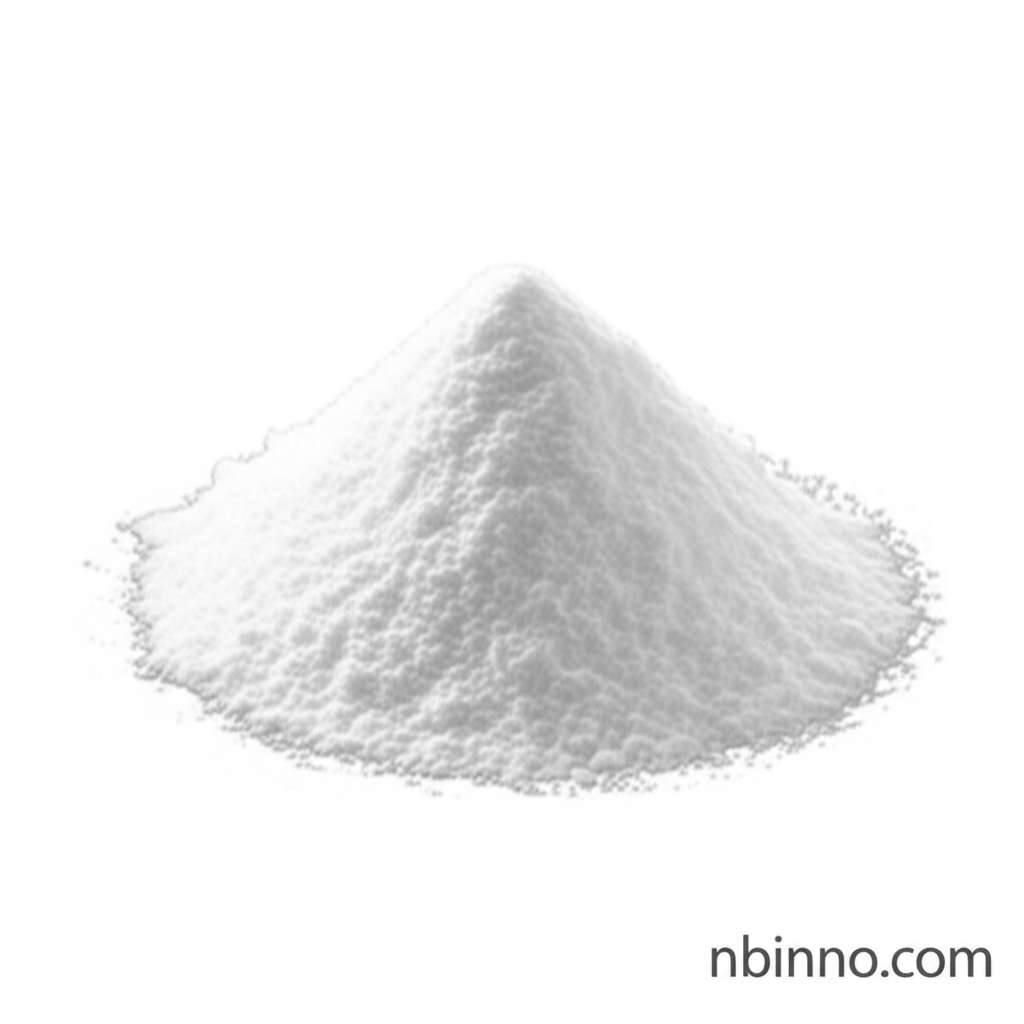Fasoracetam: Unlocking Cognitive Potential and Neurodevelopmental Support
Explore the science behind this promising nootropic for cognitive enhancement and potential ADHD therapies.
Get a Quote & SampleProduct Core Value

Fasoracetam Powder
Fasoracetam is an experimental nootropic compound belonging to the racetam family, known for its potential cognitive-enhancing properties and its exploration in treating neurodevelopmental disorders.
- Discover the potential of fasoracetam for ADHD treatment, a key area of ongoing research.
- Understand how fasoracetam cognitive enhancement is being studied through its modulation of key neurotransmitter systems.
- Learn about fasoracetam's mechanism of action, including its interaction with GABA receptors and mGluR activity.
- Explore the emerging field of neurodevelopmental disorder treatments with fasoracetam as a potential therapeutic agent.
Key Advantages
Advanced Research
Fasoracetam is backed by research exploring its role in cognitive function and neurodevelopmental disorders, making it a subject of significant scientific interest.
Multi-faceted Mechanism
Its ability to modulate multiple neurotransmitter systems, including cholinergic, glutamatergic, and GABAergic pathways, offers a broad spectrum of potential benefits.
Promising Nootropic
As an experimental nootropic, fasoracetam shows promise in cognitive enhancement, potentially aiding in learning and memory processes.
Key Applications
Cognitive Enhancement
Research suggests fasoracetam may improve certain aspects of cognitive function, supporting learning and memory capabilities.
ADHD Therapy
Fasoracetam is being investigated as a potential treatment for Attention Deficit Hyperactivity Disorder (ADHD), particularly in individuals with specific genetic markers.
Neurodevelopmental Support
Its potential role in addressing conditions related to neurodevelopmental disorders makes it a focal point for therapeutic research.
GABA Receptor Modulation
The compound's impact on GABA receptors highlights its potential in influencing inhibitory neurotransmission, which is crucial for brain function.
